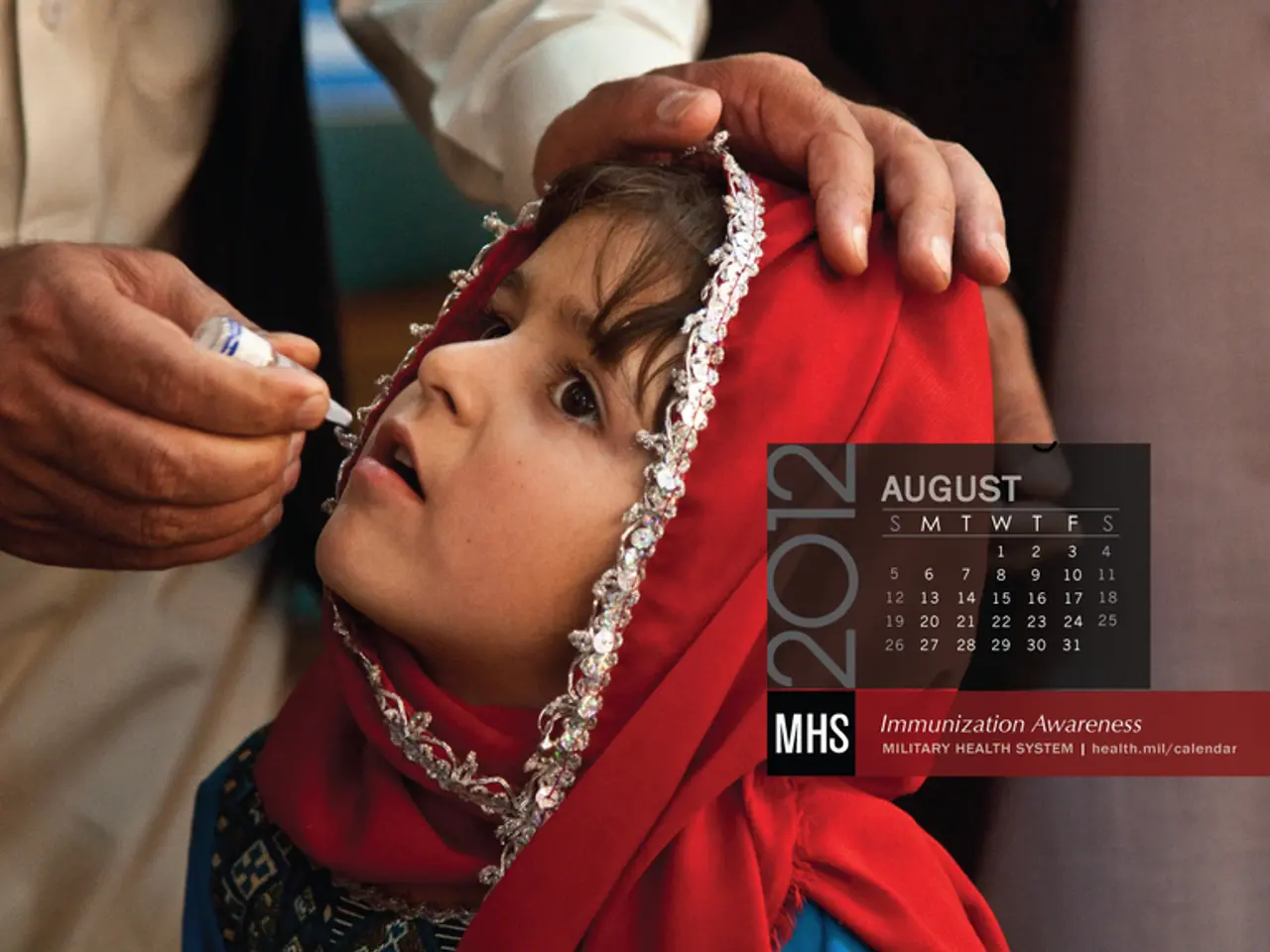Gunman responsible for CDC shooting succumbed to a self-inflicted gunshot wound, as reported by Georgia investigators.
In a shocking incident on Friday, Patrick Joseph White, a 30-year-old man with a history of anti-vaccine sentiments and mental health struggles, opened fire at the U.S. Centers for Disease Control and Prevention (CDC) headquarters in Atlanta, Georgia.
White, who died at the scene from a self-inflicted gunshot wound, is believed to have killed a police officer in the attack. The shooting shattered approximately 150 windows across the CDC campus, and bullets penetrated "blast-resistant" windows, scattering glass shards into multiple rooms, causing employees to take cover.
Authorities recovered a total of five firearms, including one used in the attack, from White's home. White did not have a key to the gun safe and broke into it to obtain his father's weapons. According to investigators, White expressed strong anti-vaccine beliefs and had recently verbalized thoughts of suicide linked to depression.
In the days leading up to the shooting, White had expressed discontent with COVID-19 vaccinations in documents found at his home. His anti-vaccine sentiments appeared intertwined with his mental health decline, as he perceived the vaccine as the cause of his illness and depression. This combination of depression, suicide ideation, and vaccine distrust culminated in the violent attack.
Although no direct motive has been officially confirmed, the investigation connected his mental health issues and anti-vaccine stance as factors in the incident. White had verbalized thoughts of suicide, leading to contact with law enforcement several weeks before the shooting.
In response to the incident, CDC officials are assessing campus security and notifying officials of any new threats. Some unionized CDC employees have also called for more protections against attacks.
In a related development, U.S. Health Secretary Robert F. Kennedy Jr. toured the CDC campus on Monday, accompanied by Deputy Secretary Jim O'Neill and CDC Director Susan Monarez. Kennedy, who is a leader in a national anti-vaccine movement, did not speak to the media during his visit.
Tim Young, a retired CDC employee, stated that years of false rhetoric about vaccines and public health could negatively impact mental health and potentially lead to violence. The tragic incident serves as a stark reminder of the potential consequences of such misinformation.
As the investigation into the shooting continues, the CDC community and the wider public are left to grapple with the aftermath of this senseless act of violence.
- The shooting at the CDC headquarters in Atlanta, Georgia, involving Patrick Joseph White, a man with anti-vaccine sentiments and mental health struggles, has raised concerns about mental health and potential violence linked to vaccine misinformation.
- The tragedy at the CDC campus has led to calls for increased campus security and protections against attacks, following White's strange behavior, verbalized thoughts of suicide, and anti-vaccine beliefs.
- The General News and Mental Health segments have been filled with discussions about the potential impact of vaccine misinformation on mental health, as exemplified by this shooting incident.
- As the Crime and Justice community investigates the shooting incident, they are linking White's mental health issues and anti-vaccine stance as factors that may have contributed to his violent attack on the CDC headquarters.
- The Health-and-Wellness sector, alongside lawmakers, is examining the role of vaccine distrust and mental health struggles in such incidents, with the hope of introducing policies to mitigate the risk of further violence based on faulty information.




